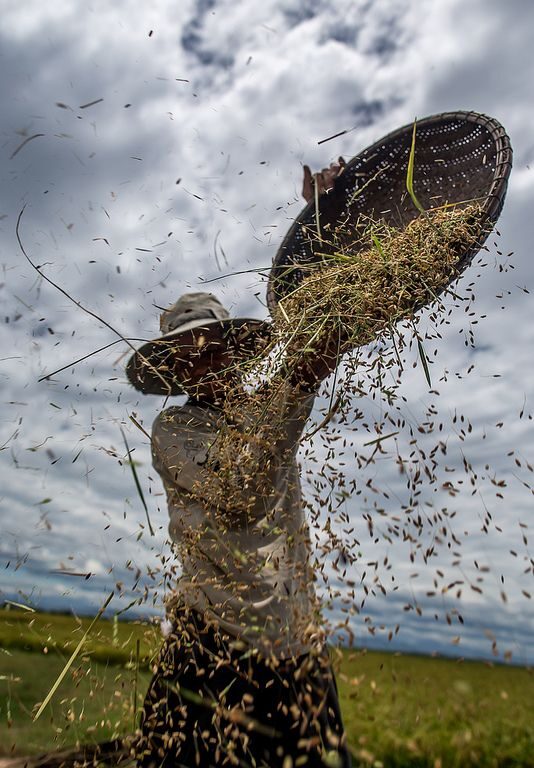Malnutrition remains a pressing global issue affecting people across all countries. While millions of adults suffer from undernutrition, an increasing number face obesity due to the accessibility and affordability of unhealthy foods. In West Africa, nutrient-dense foods like fruits, vegetables, legumes, and fortified staples remain out of reach for many. To combat the dual burden of malnutrition and promote healthier food systems, the West African Fortified Parboiled Unpolished Rice (WAFPUR) Project was initiated.
The WAFPUR Project aims to enhance food security and nutrition by promoting the production and consumption of parboiled unpolished rice (PUR) and its fortified variant (FPUR). These rice types offer critical nutritional benefits, especially in combating micronutrient deficiencies such as Vitamin A, iodine, and iron deficiencies among children.
To support this initiative, Qualiquant conducted a comprehensive baseline survey across Kano and Ogun States in Nigeria, employing a three-phase mixed-method approach: secondary data review, quantitative surveys, and qualitative interviews and focus group discussions. The research assessed dietary habits, market dynamics, production capacity, and stakeholder attitudes toward brown and fortified rice.
Key findings reveal that while white rice dominates the market due to its profitability, brown rice production and adoption are negligible. Cultural preferences, low awareness, and limited availability hinder its consumption. Moreover, meals provided through the Home Grown School Feeding Program (HGSFP) are largely carbohydrate-heavy, with only a small fraction of children in Kano receiving brown rice. Even among institutional buyers, white rice demand vastly overshadows that of brown rice.
Despite the low adoption, the study identified strong potential for behavioral change. Brown rice’s natural health appeal, taste, and the collective influence of rice millers could drive its acceptance. However, strategic interventions are needed. These include awareness campaigns, culinary education, targeted subsidies, and the integration of brown rice into institutional feeding programs.
The WAFPUR baseline survey provides essential insights into how brown and fortified rice can serve as viable tools in addressing malnutrition in Nigeria. It also highlights the economic opportunities for rice processors if systemic barriers are addressed. With the right support, this initiative can contribute significantly to achieving better health outcomes and food system resilience in West Africa.

